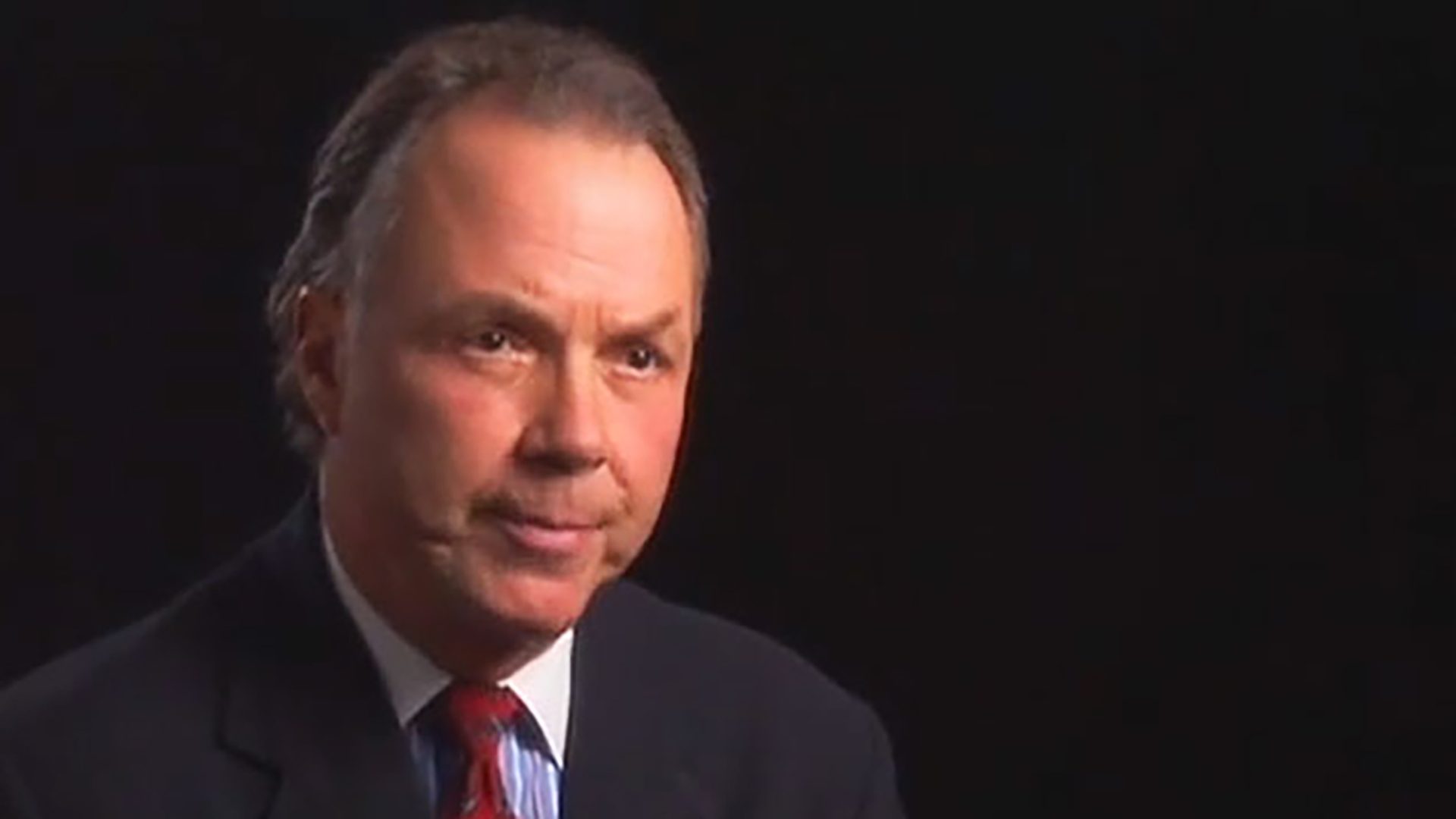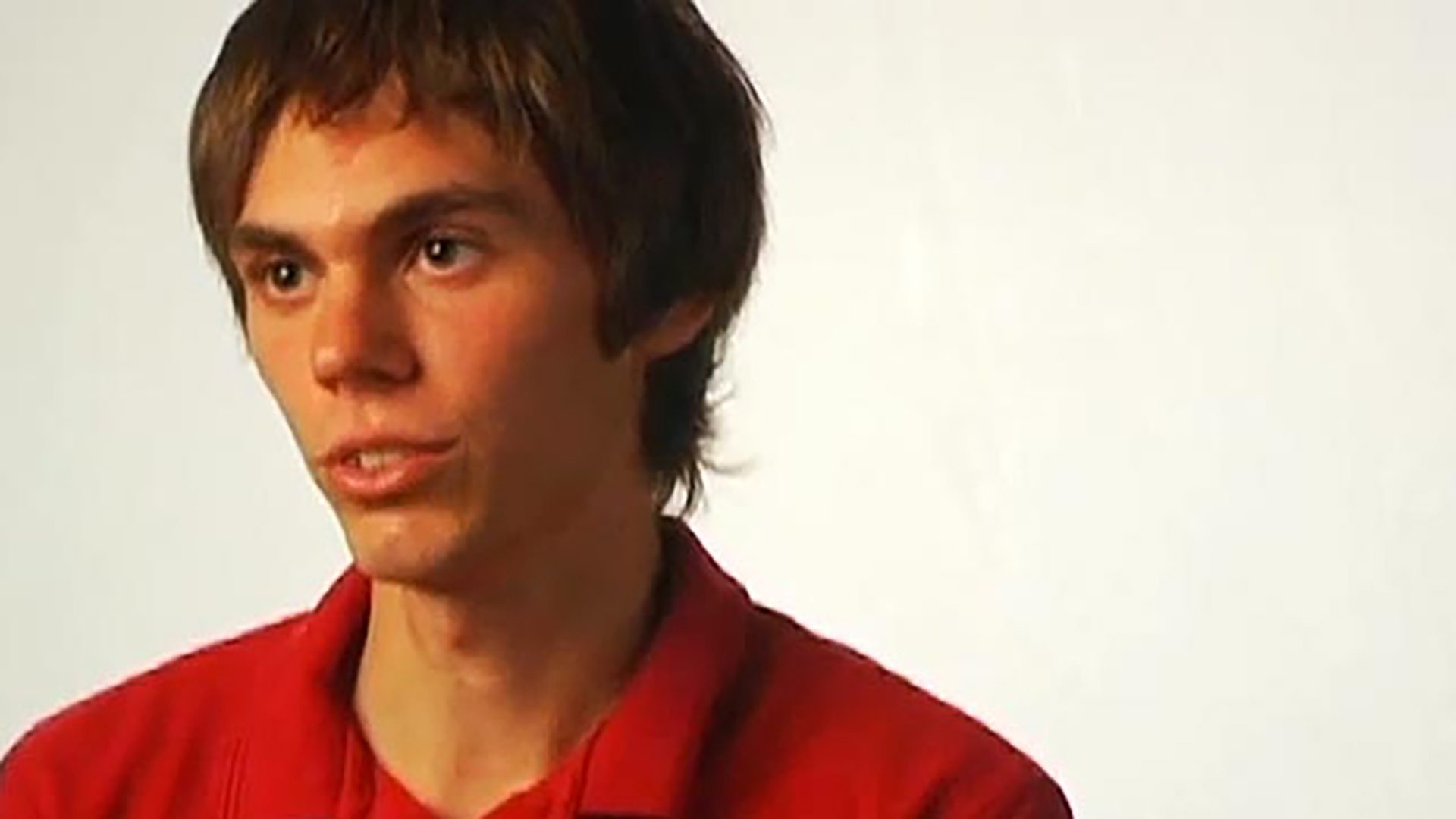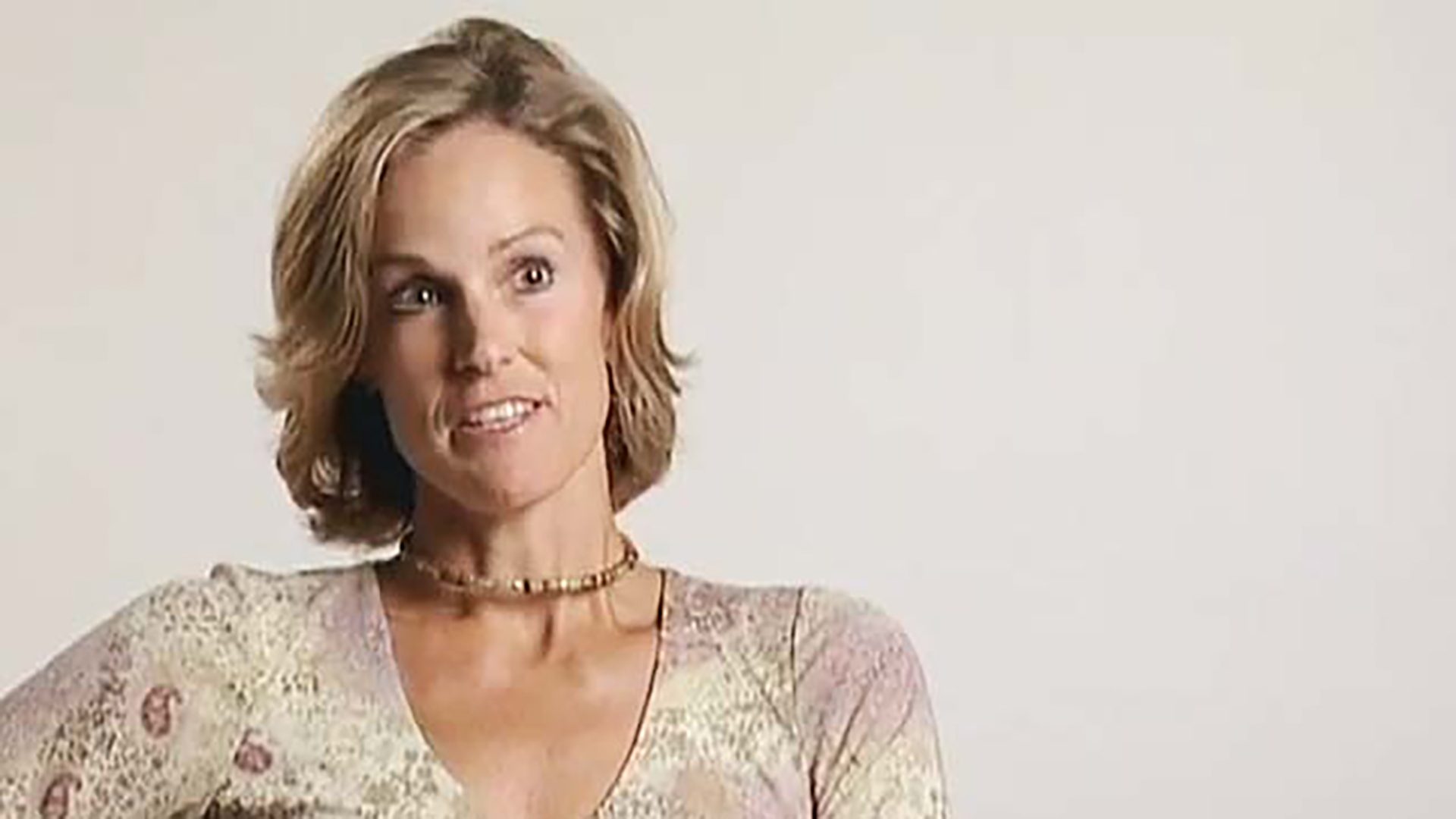Caregiver Interview – James B.
James lost his daughter to neuroblastoma. He talks about enrolling his daughter in clinical trials and getting involved in the cancer community.

My daughter, Lindsay, was diagnosed with neuroblastoma when she was four years old in January 1995.
Lindsay suffered every insult and injustice that cancer and its treatment had to offer for seven years. She taught us that you don’t have to be an adult to be a warrior. Along that journey, I know that Lindsay felt that she might survive herself by going through various treatments, but by going through a number of different clinical trials, she might actually help other children. She knew that to the very end.
There is no way to rationalize the death of a child, but if she could make a difference for other children, then in some way there’s a way to understand it. As the saying goes, “It’s not the duration of one’s life that’s important, it’s the donation that’s made in one’s life.” And Lindsay made a great donation.
She was a remarkable child and understood exactly what was going on with her. I think, in part, because she was smart. She was reading Harry Potter and Chronicles of Narnia in the second grade. She was very involved in trying to understand her treatment and exactly what was happening. We, as parents, were very involved because we went to six different clinical trials around the world to explain to her what was going to happen and what could potentially happen to her. She picked it all up.
The biggest issue was understanding that my wife and I had to be her advocates. We had to really understand this disease and know which treatments were available for her. At the same time, we figured that we had to make a difference in other ways. So we made that difference by trying to raise money for cancer research and doing other things. Those things really became important for all of us.
This is a club I never expected to be in. If you’re a child and your parents die, you become an orphan. If you’re married and your spouse dies, you become a widow or a widower. There is no word in the English language to describe parents who lose a child. It’s just too painful. I think that because we’re in this club now, we have to try to give people an opportunity to learn from what we learned through this experience. And hopefully help them navigate through this disease. We try to help people by telling Lindsay’s story, by participating in groups that tell the story of cancer survivorship and dealing with cancer in general, such as the Lance Armstrong Foundation. We try to make a difference by raising money where it makes sense, by gaining awareness. If more people are aware of this terrible disease and how invasive it is to everyone’s family, then people will act. There will be more of a grassroots effort.
For Livestrong Day, I have the opportunity to meet with members of Congress from my home state and be able to tell them these stories and ask them to support a couple of very specific pieces of legislation that will make a difference in this battle. Number one, we’re going to ask members to sign the 2015 Letter that basically says that we are looking for support to eradicate cancer by the year 2015. Number two, we’re looking to increase the appropriation for the cancer survivorship group from roughly $16 million to $25 million. Not a big number. We’re also looking for an appropriation of $2 million dollars for the cancer survivorship group. Hopefully, I’ll have an opportunity to make a difference on Capitol Hill.
The reality is that cancer touches every family. I think people can be aware of the various types of clinical trials that are available, of the ability that they have to raise their hand and ask for help. At the same time, go to organizations such as the Lance Armstrong Foundation, where those kinds of answers are provided.
My name is James Buchanan, and I am a cancer survivor.

